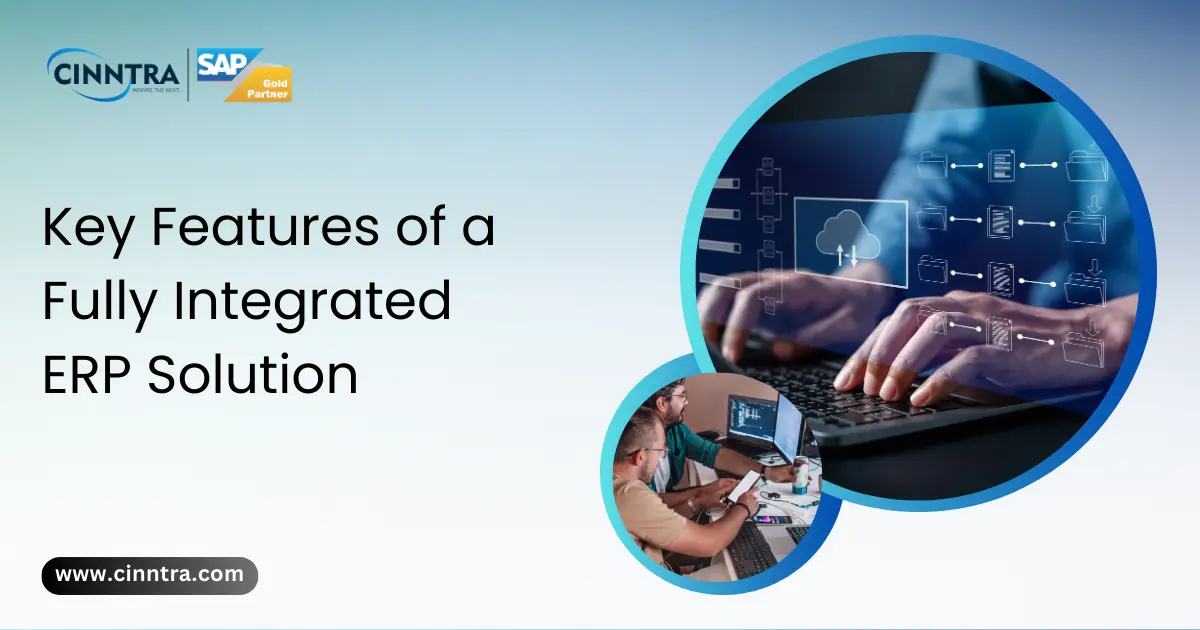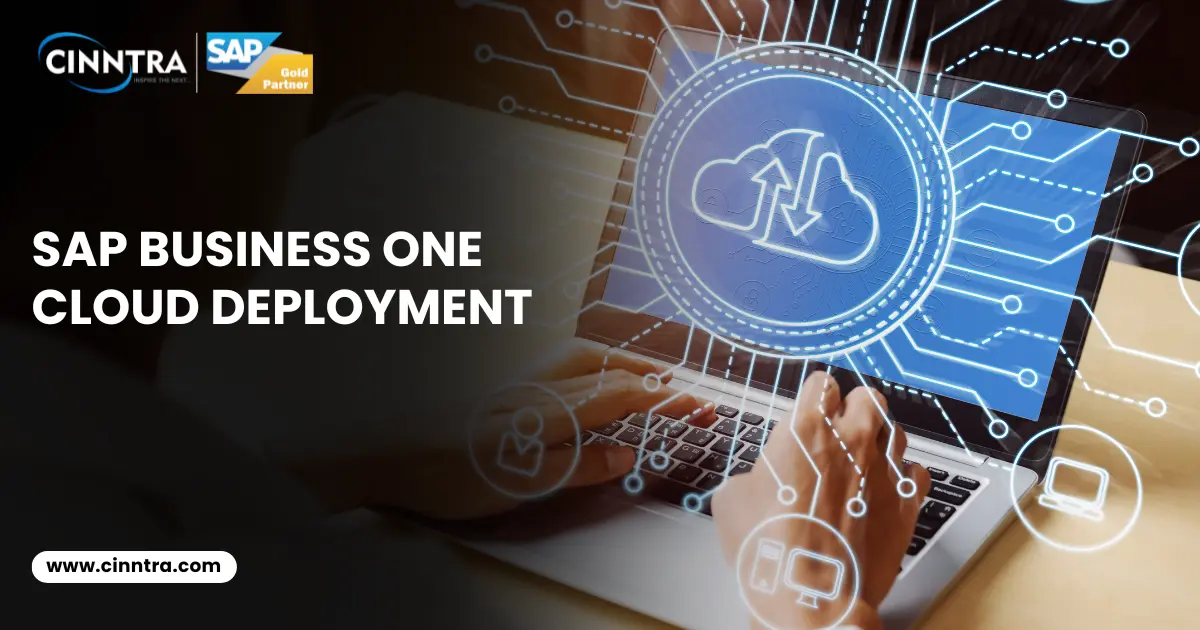What are the key features of a fully integrated ERP solution

An Enterprise Resource Planning (ERP) system is a complete business management solution that combines the entire organization's data and operations into a centralized platform. All departments' access gets the update of the same information in real-time by maintaining a single source of truth to eliminate data silos and redundancies.
This ERP Integration solution enables automated workflows to manage business processes while providing instant access to accurate reporting for informed decision-making. The open architecture allows seamless integration with third-party applications by expanding your ERP's capabilities to meet specific business needs.
Organizations can achieve greater efficiency, improve data accuracy, and enhance operational control across their business operations after all managed essential functions.
Illustrating the Crucial Features of Fully Integrated ERP System
ERP Integration Services drive business transformation by automating processes and connecting systems across the enterprise. This complete integration eliminates manual data entry, reduces errors, and enables real-time insights for strategic decision-making.
Further, the system ensures that data updates propagate instantly across all connected applications to maintain consistency throughout the organization.
ERP integration creates a unified ecosystem where different applications and departments work harmoniously, sharing data and workflows seamlessly. This connection spans all business functions from supply chain and inventory management to finance and customer relations by forming the backbone of modern enterprise operations.
Therefore, the result is a more agile, efficient, and responsive organization to adapt to market changes and effectively meet customer demands.
Single Source of Truth
The integrated ERP system establishes a centralized database that serves as the definitive information source across your organization. This centralized platform enables real-time access and updates by all departments by ensuring consistent data integrity.
Seamless integration eliminates discrepancies, minimizes errors, and facilitates automated workflows while providing accurate, timely reporting capabilities essential for modern business operations.
Improved Efficiency and Productivity
Organizations can automate routine tasks and eliminate redundant data entry significantly boosting operational efficiency by implementing an ERP Integration solution. Staff members can redirect their focus toward strategic initiatives while automated processes handle repetitive work. The system's real-time analytics capabilities drive continuous improvement by identifying optimization opportunities and business workflows across departments.
Reduced Costs
An integrated ERP platform delivers substantial cost reductions by optimizing processes throughout your organization. The system effectively minimizes operational waste, reduces manual labor expenses, and improves resource allocation efficiency.
Moreover, businesses achieve measurable cost savings across all departmental operations while maintaining high-quality output through automated workflows and significantly reduced error rates.
Real-time Data
The ERP system provides real-time updates across all business information ranging from sales transactions to inventory management. The data is reflected immediately throughout all modules, including CRM, inventory, and financial reporting systems at the time customers initiate orders. This real-time connectivity ensures that all teams operate with current, accurate information by enabling optimal decision-making and customer service.
Faster Decision-making
Advanced reporting tools integrated within the ERP Integration solution tap into your centralized database to deliver instant business insights. These customizable reports provide comprehensive real-time intelligence to enable quick informed decisions.
Management teams can access current performance metrics and emerging trends to guide strategic planning and operational improvements effectively.
Future-proofed Technology
The open architecture of modern ERP platforms enables seamless integration of emerging technologies and enhanced capabilities. This adaptability ensures your system remains current with evolving market demands and technological advancements to maximize your IT investment. Also, it maintains operational flexibility and gains an advantage in your industry.
Supply Chain Optimization
Complete real-time visibility into inventory levels, production schedules, and order status significantly enhances supply chain performance. Automated order processing and shipping operations business processes to advanced supplier management tools help identify potential risks and improvement opportunities. However, it ensures efficient and responsive supply chain operations.
Must-Have Integration Features for Your Businesses
An integrated ERP platform serves as the backbone for complex and growth-focused enterprises. However, this system minimizes operational errors while delivering real-time reporting capabilities by digitizing and automating core business processes.
SAP Business One ERP Integration for optimal performance and flexibility for most organizations by digitizing and automating core business processes. This except those with legacy system dependencies or heightened security constraints.
The platform manages essential business functions by seamlessly connecting project management, accounting operations, payroll processing, financial oversight, and inventory control. Modern ERP systems provide a scalable architecture that adapts to evolving business needs while maintaining data accuracy and process automation throughout the organization.



0 Comments